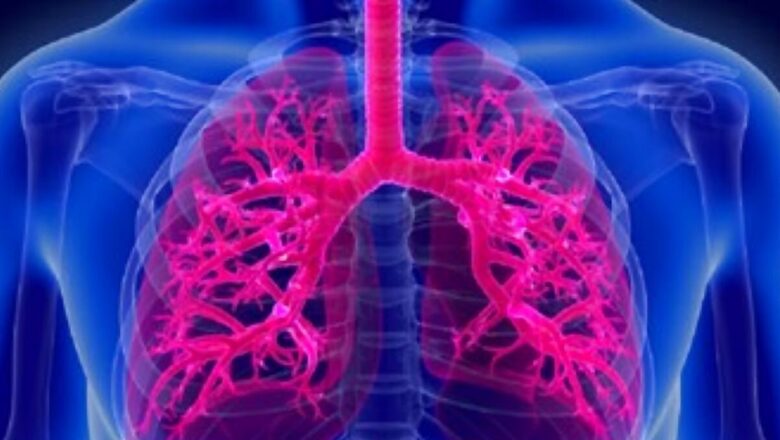
views
As the sun climbs higher in the sky and the summer season blankets us with its warmth, there’s a distinct shift in the air that heralds both delight and concern. While many of us eagerly embrace the sun-drenched days and balmy evenings, there’s a subset of individuals for whom the changing seasons bring a unique set of challenges – those grappling with respiratory ailments such as chronic obstructive pulmonary disease (COPD) or asthma.
For them, the arrival of summer isn’t just about picnics in the park or lazy days by the beach. It’s about navigating a minefield of potential triggers and taking proactive steps to ensure their lungs stay healthy and functional amidst the sweltering heat.
The summer heat, with its soaring temperatures and oppressive humidity levels, can wreak havoc on respiratory health. For individuals with conditions like asthma or COPD, this combination of extreme weather conditions can spell trouble, often leading to exacerbations and flare-ups that necessitate urgent medical attention.
Studies have shown a clear correlation between hot weather and respiratory distress, with factors such as stagnant air and increased pollution levels exacerbating existing conditions and making breathing more difficult. Add to that the surge in pollen levels during the summer months, and you have a perfect storm of triggers that can set off coughing, wheezing, and shortness of breath in vulnerable individuals.
So, how can one safeguard their respiratory health amidst the summer heat? Pulmonologists and healthcare experts recommend a combination of proactive measures and lifestyle adjustments to minimize the risk of exacerbations and ensure optimal lung function.
First and foremost, it’s essential to limit exposure to the blazing heat by staying indoors whenever possible. Keeping windows and doors shut helps maintain a cool indoor environment and prevents the entry of pollutants and allergens.
Before venturing outside, it’s crucial to check weather conditions, including temperature, humidity levels, and air quality indices. Avoiding outdoor activities during periods of high pollen count or poor air quality can help prevent respiratory symptoms from worsening.
Planning outdoor activities during cooler parts of the day, such as early morning or late evening, can also help minimize exposure to the heat and reduce the risk of heat-related respiratory distress. Additionally, wearing loose, light-colored clothing made of breathable fabrics like cotton can help keep you cool and comfortable in hot weather.
For individuals with respiratory conditions like asthma or COPD, taking prescribed medications regularly and adhering to treatment plans is essential. Keeping emergency medications handy and familiarizing oneself with nearby medical facilities can provide added peace of mind in case of respiratory emergencies.
Incorporating immune-boosting supplements into your diet, staying hydrated, and prioritizing self-care are also important steps in maintaining respiratory health during the summer months.
Ultimately, by being proactive and making informed decisions about their health, individuals with respiratory conditions can navigate the challenges of summer with confidence and enjoy all that the season has to offer. With proper care and attention, summer can be a time of relaxation and rejuvenation for everyone, regardless of their respiratory health status.




















Comments
0 comment